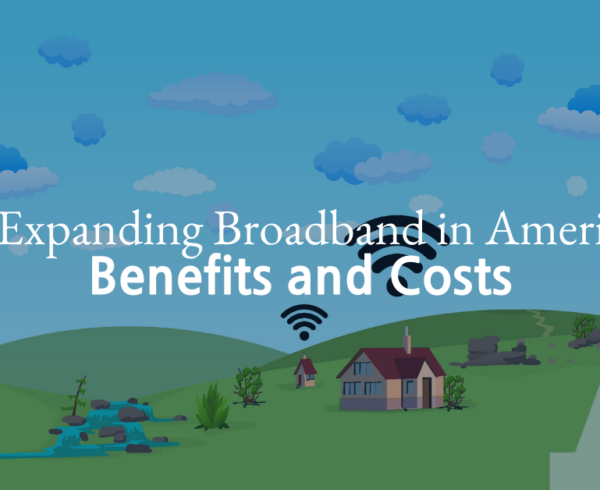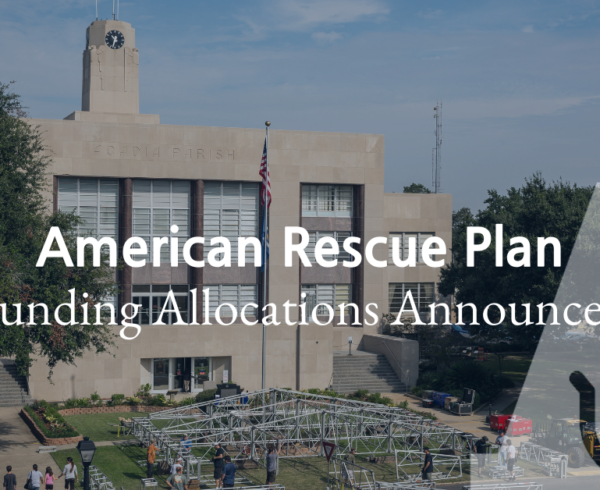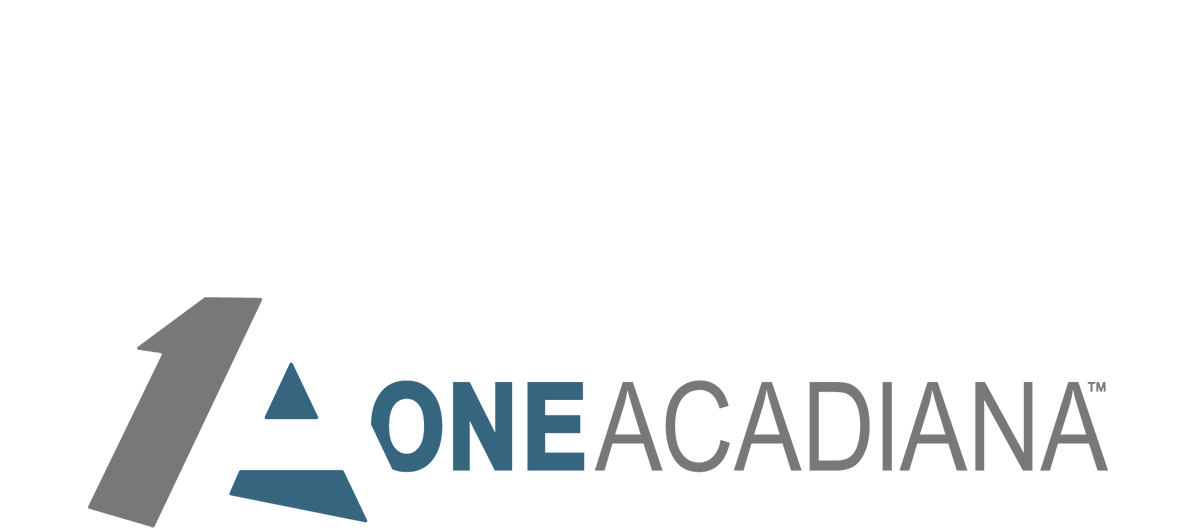After months of discussion and evaluation, the RLC released a few long-term recommendations for Louisiana. Their recommendations came in five major categories that would lead to a stronger, more inclusive, resilient Louisiana. The five categories are: equity, inclusion, and quality of life; digital access and physical infrastructure; education and workforce development; small business and entrepreneurship; and government engagement. This post will dissect each one of the categories.
Information in this post was compiled and released by the RLC.
1. Equity, inclusion and quality of life
An equity-driven growth model, improved quality of life and improved health outcomes all go hand-in-hand. Improvements in these areas can spur economic growth and ensure that all people-especially lower income residents, rural residents, people of color and other vulnerable groups-have opportunities to create and benefit from economic growth. Economic inclusion and equity must be prioritized as a new Louisiana growth model. Achieving equity requires erasing social and geographic disparities in opportunities and outcomes. Equity is not only a matter of social justice; it is an economic necessity.
Create an Office of Social Equity within the Governor’s Office to develop and lead essential equity initiatives such as
- Measure Louisiana’s equity and social vulnerabilities to determine if the infrastructure in communities is sufficient and develop strategies to address shortcomings
- Create teams among state entities to build consistency and produce more equitable outcomes
- Use an equity lens to determine policy impact and embed newly found principles in decision and policymaking
- Account for social equity concerns in planning and recovery while focusing on modes of participation and communication for underserved communities
- Employ a leadership strategy to examine housing, homelessness, gender and LGBTQ-related issues
Increase economic inclusion
- Initiate an inclusive Economic Development incentive with the goal of developing economic development incentives in a manner that supports equitable economic opportunities
- Support and attain living wages either by enhancing the state’s Earned Income Tax Credit or by establishing a minimum wage higher than the federal threshold
- Expand awareness of LED’s Small Business Development Center programs, especially with small-to-midsize rural, women, minority and veteran-owned businesses
- Enhance funding for programs through Southern University AgCenter and other appropriate HBCUs to increase awareness of food-and-agriculture-related career opportunities
- Create an Office of Rural Development within LED
- Focus recruitment efforts on “Agriculture of the Middle” industries to support entrepreneurship in rural areas
- Increase support for outdoor recreation businesses such as destinations, outfitters, guides and manufactures in rural areas
Community investment and development
- Commission a study and create guidelines that specifically define community resilience and development, and what planning and investments should be prioritized
- Maximize programs like Opportunity Zone, Community Development Block Grants (CDBG) and tax-exempt bonds to support the creation of mixed-income and affordable housing
- Convert existing infrastructure and historic structures into affordable housing by increasing the commercial historic tax credit for properties that use Federal Low-Income Housing Tax Credits
- Prioritize blight removal using CDBG funding to establish a statewide program that incorporates best practices from the New Orleans BlightSTAT program
- Assess Louisiana communities with land-banking capabilities so that they can return properties to active use
- Create incentives to incorporate healthy building elements and support healthy places, including smart growth, complete streets and safe routes to schools
- Organize a team of grant writers and experts at the state level to help rural communities seek additional funds and grant opportunities
Public health infrastructure investments
- Increase investments in public health infrastructure programs that have proven results and ensure they have the resources needed to respond to future health emergencies
- Incentivize investments that can expand the state’s ability to offer physical and mental health services and improve healthcare access
Improve health and well-being
- Support investments toward community design projects that improve access to transportation, bike paths, sidewalks, parks and grocery stores with healthy food options
- Maintain the principles of the Rural Hospital Stabilization Act: stabilize payments, increase reimbursement levels, expand telemedicine access, transportation services, broadband services, grant funding and tax relief programs for Louisiana’s rural hospital system
- Allow nurse practitioners, certified registered nurse anesthetists, clinical nurse specialists and certified nurse midwives to practice to the full extent of their licensure and education by removing practice barriers, which will expand access to care in health professional shortage areas in Louisiana and improve Medicaid recipients’ access to care
- Develop public-private partnerships that focus on chronic disease initiatives supporting disease-specific collaboratives that establish standards of care, create accountability measures and track outcomes
- Create planes to address the health professional shortage by implementing policies like increasing funding for nursing schools, CAN programs, developing career pathways for healthcare professionals to upskill, increasing academic partnerships with healthcare institutions and streamlining and standardizing certified nursing assistant training
- Consider grant funding for low-income areas to ensure public swimming pools, parks and other recreational areas can remain open
- Improve awareness of the availability and benefits of local parks and recreation options
- Work with community partners-such as local health departments, Councils of Aging, and Housing Authorities-to connect residents with essential services such as healthcare providers, grocery delivery and affordable housing
2. Digital access and physical infrastructure
Broadband internet access has become a necessity in today’s virtual environment. Investments must be a high priority for Louisiana to assert its competitiveness in such areas as digital education, telehealth, e-commerce and e-governance. Upgrades to modern technology (like 5G and fixed wireless) and improvements to transportation infrastructure are essential to increasing the resilience of our state. Statewide connectivity also requires a modern transportation structure that is capable of enhancing productivity and safety while also supporting community and economic growth. New post-pandemic priorities could shift to focus on upgrades to existing infrastructure that has deteriorated and new projects that could relieve traffic congestion and provide additional safety measures. Investing in broadband and transportation infrastructure provides an opportunity to create jobs, spur economic development and allow access to education and public services. Investments also prepare our cities and towns for future growth, development and sustainability.
Increase access and adoption of broadband
- Decrease the digital divide by removing state and local obstacles to investment in broadband infrastructure and by adopting broadband statewide
- Develop financial incentives for providers that include rural or less-profitable areas, including assistance in “last mile” infrastructure
- Leverage existing broadband infrastructure through public-private partnerships to maximize broadband penetration
- Create initiatives or financial assistance programs to increase adoption of broadband in areas where it is already available, especially for those with school-aged children
- Increase mobile network capacity and access in rural, underserved and unserved areas • Accelerate Broadband for Everyone in Louisiana program to align with urgent need for all educational and economic development processes across the state
Invest in transportation infrastructure
- Secure additional funds to work through transportation backlog and address transportation infrastructure needs
- Increase investments in more affordable and quality public transit, micro-transit and bike and pedestrian options
- Increase the fuel tax temporarily to help fund transportation infrastructure investments
- Create an infrastructure emergency fund for rural and underserved communities
- Request federal stimulus for interstate widening, bridge repair and replacement, congestion relief and other public works projects
Invest in utilities infrastructure
- Strengthen the infrastructure grid to protect utility customers from outages related to severe weather
- Continue commitment of increasing power output to support the utilization of natural gas, nuclear and other affordable power sources
- Use annual surplus with a local match requirement to fund local drainage, sewer and water projects
Coastal restoration and water management
- Capitalize on Louisiana’s experience, position as a world leader, and investments to further business opportunities that contribute positively to the state’s coastal restoration efforts
- Protect and leverage funding for coastal restoration projects
- Maximize the beneficial use of floodplains and green infrastructure to reduce flood risk and improve resilience statewide
Categories 3-5 will be shown on the continuation of Part 3 of the Comprehensive Game Plan post series.












